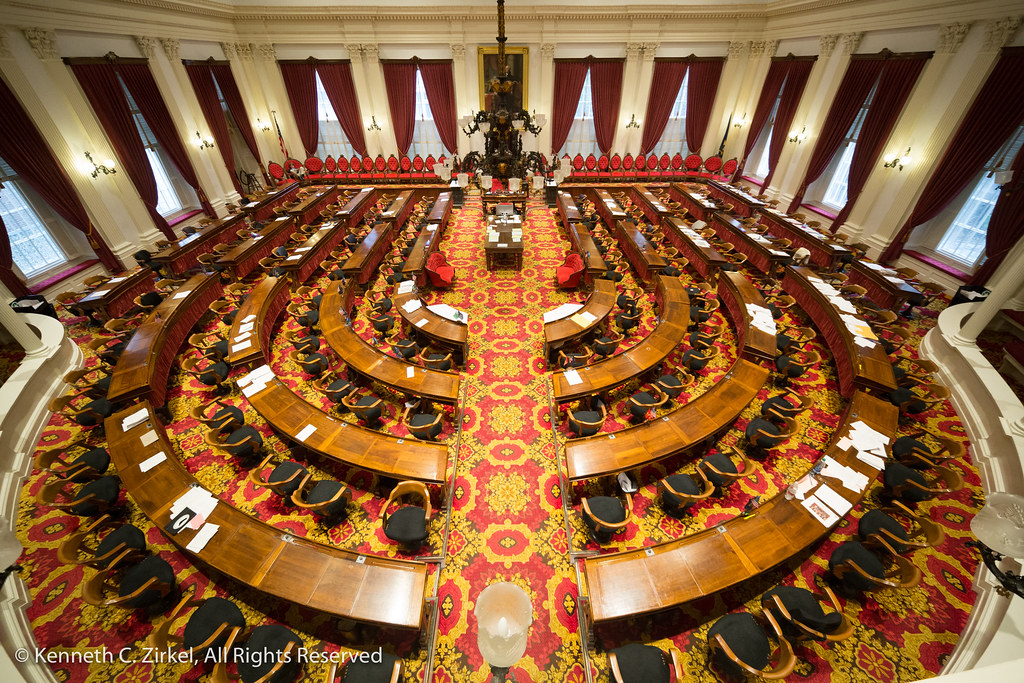Legislature on Track to Extend Health Insurance Savings for Small Businesses
H.489 is on track to pass both the House and the Senate allowing $17.7 million in health insurance cost savings to be extended to small businesses and their workers for another year. Last year, the markets were separated because there were federal subsidies that protected individuals from rate hikes. The plan was that the federal government would continue those subsidies, but that has yet to happen. Even so, the Legislature approved the continuation of this direction, hoping Congress will act. Meanwhile, there will be a working group to develop state alternatives to continue the practice without harming either group. This effort is especially timely as provider rates are likely to increase for plan year 2023 as has been forecasted in a mid-year review of hospital budgets at the Green Mountain Care Board.
SHARE THIS ARTICLE
RECENT NEWS



